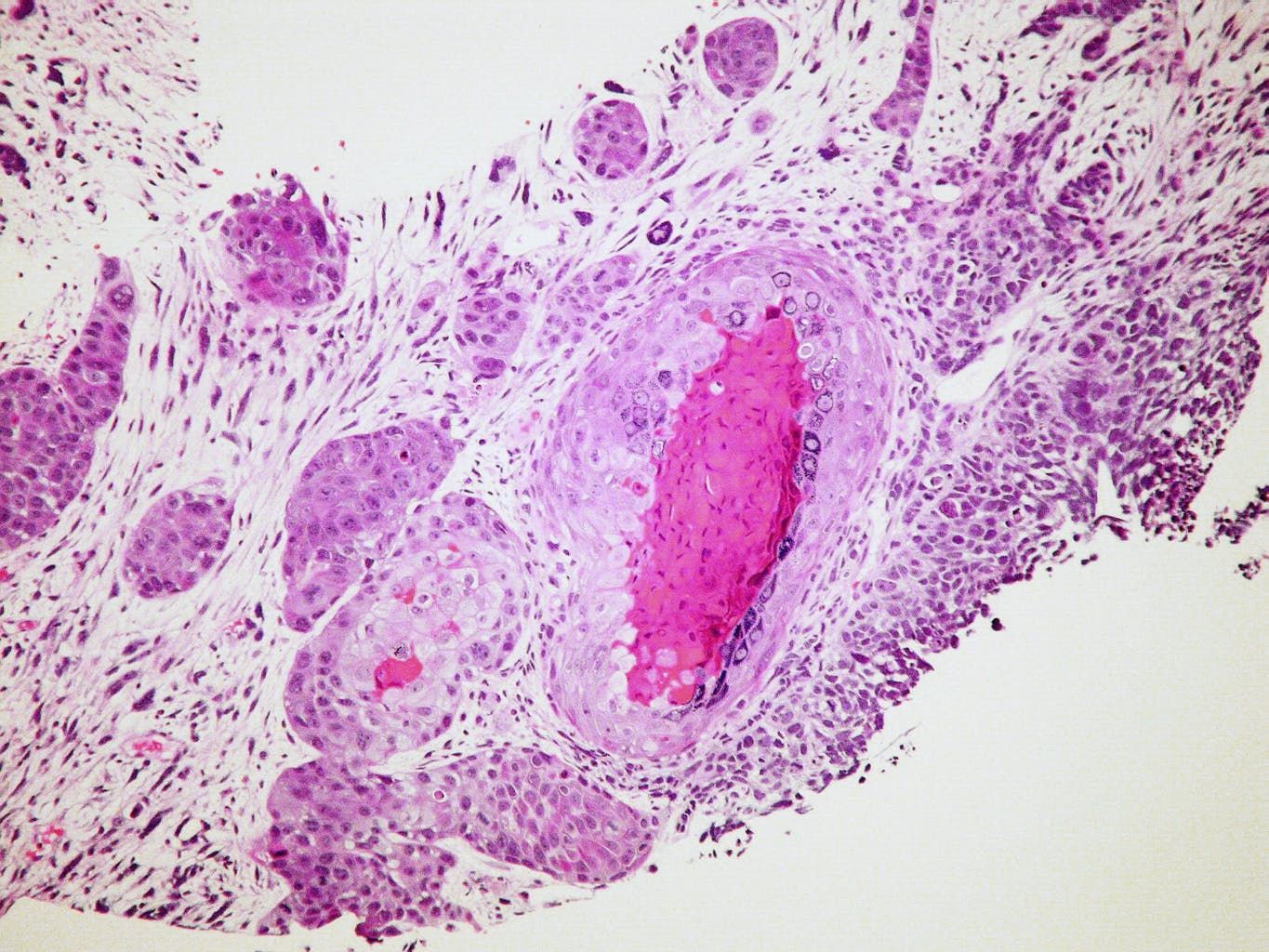For patients with cancer, the only hope for treatment used to be
difficult chemotherapy and radiation. Today, though, scientists are
discovering that there may be a new avenue: cannabis. The National
Cancer Institute (NCI) is one of the foremost
authorities on cancer research and education in the United States.
Recently, the organization conducted a study into the cancer-mitigating
effects of cannabis and, according to the NCI’s web page titled
"[Cannabis and
Cannabinoids](https://www.cancer.gov/about-cancer/treatment/cam/patient/cannabis-pdq# section/_3)":
"Cannabis has been shown to kill cancer
cells
in the laboratory."
While medical marijuana users have known for many years that medical
cannabis can be effective at treating the negative symptoms associated
with cancer, the discovery that cannabis has actually been proven to
[kill cancer
cells](https://www.cancer.gov/about-cancer/treatment/cam/patient/cannabis-pdq/# link/_13)
is an exciting revelation for medical marijuana users and the greater medical community world-wide.
How Does Cannabis Affect Cancer Cells?
According to the NCI data, cannabis has been shown to critically damage
or kill cancer cells in cases of liver cancer and additional varieties
of the disease. When the effects of medical cannabis on cancer were
tested in laboratory rats, the researchers found that an active
component of marijuana,
delta-9-THC,
provided important anti-tumor effects for varieties of lung cancer cells
as well as breast cancer cells. In the breast cancer study, researchers
found that, while the medical cannabis killed the cancer cells, it did
not negatively affect healthy breast cells.
Additionally, when the effects of medical cannabis were studied on
metastatic breast cancer, the treatment was shown to lessen the number,
size and spread rate of tumors in the body.
How Can Cannabis Be Used in Concert With Traditional Medical Treatments?
Since the legalization of medical marijuana, patients have used cannabis
to treat the pain, decreased appetite, and nausea associated with cancer
treatment. In addition to discovering that medical cannabis can actually
kill cancer cells, the NCI study also reinforced the longstanding
knowledge that marijuana can stimulate appetite, relieve pain, reduce
inflammation, soothe anxiety, induce sleep and reduce nausea and
vomiting in chemotherapy patients.
Although cannabis itself is not currently approved by the FDA to treat
cancer or its symptoms, there are two synthetic cannabinoids
(dronabinol
and
nabilone)
that are currently approved to treat nausea and vomiting resulting from
chemotherapy.
Although further clinical trials are needed to bring the use of cannabis
fully into the cancer treatment field, all signs point to the fact that
cancer patients will soon be able to access medical marijuana as a way
to kill cancer cells and work toward maximum health.






